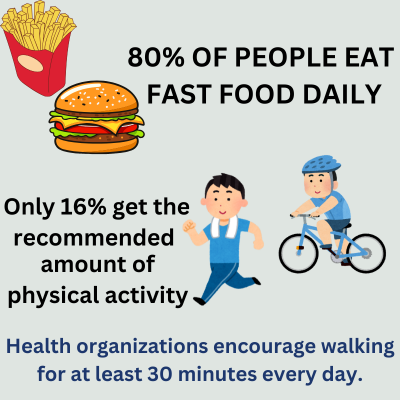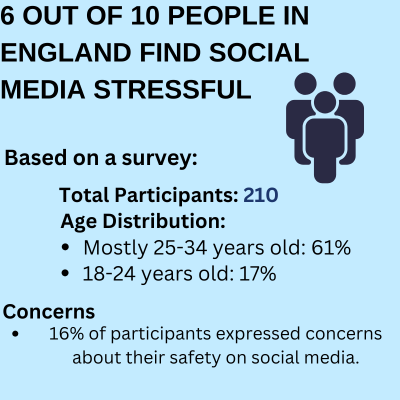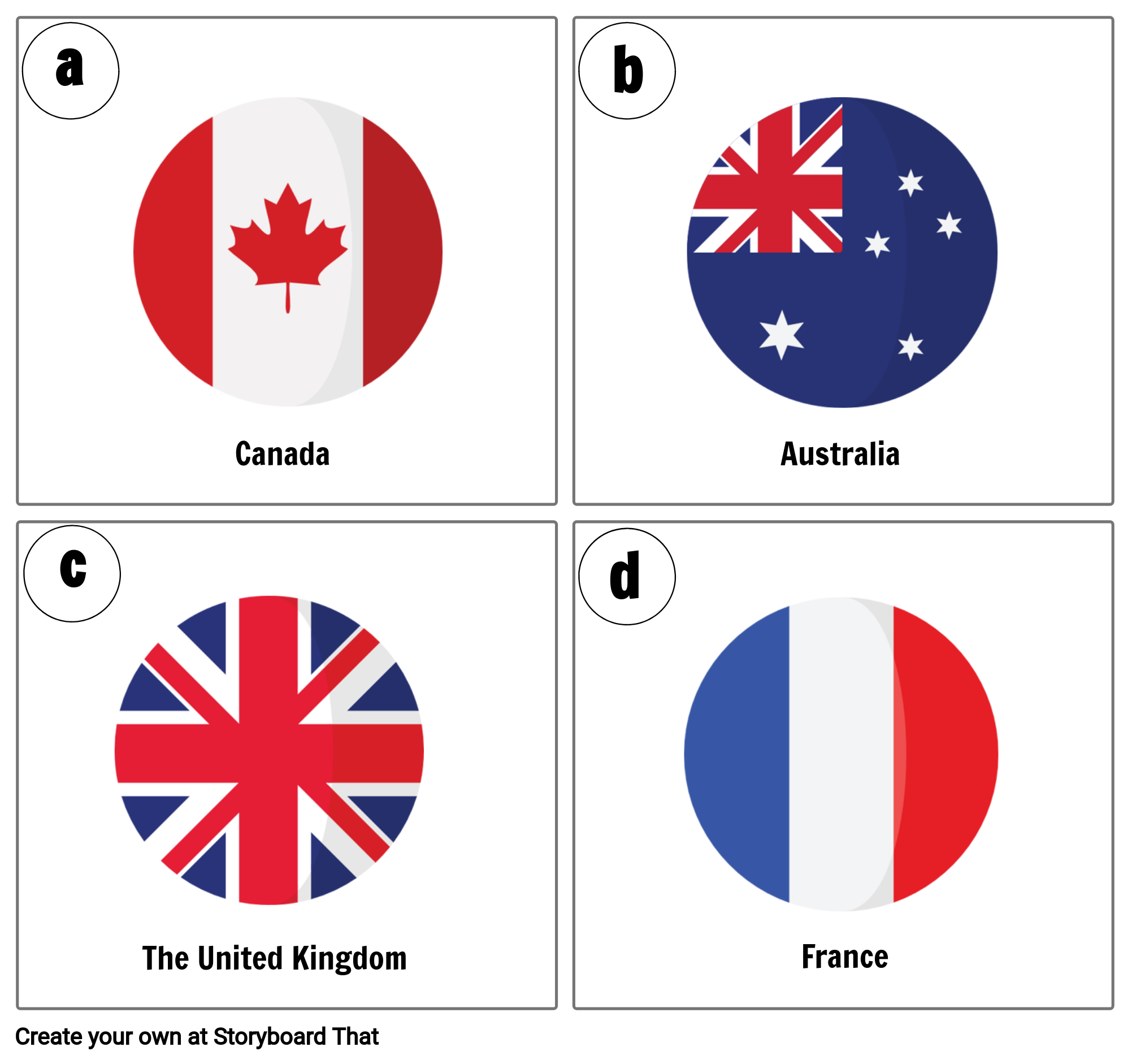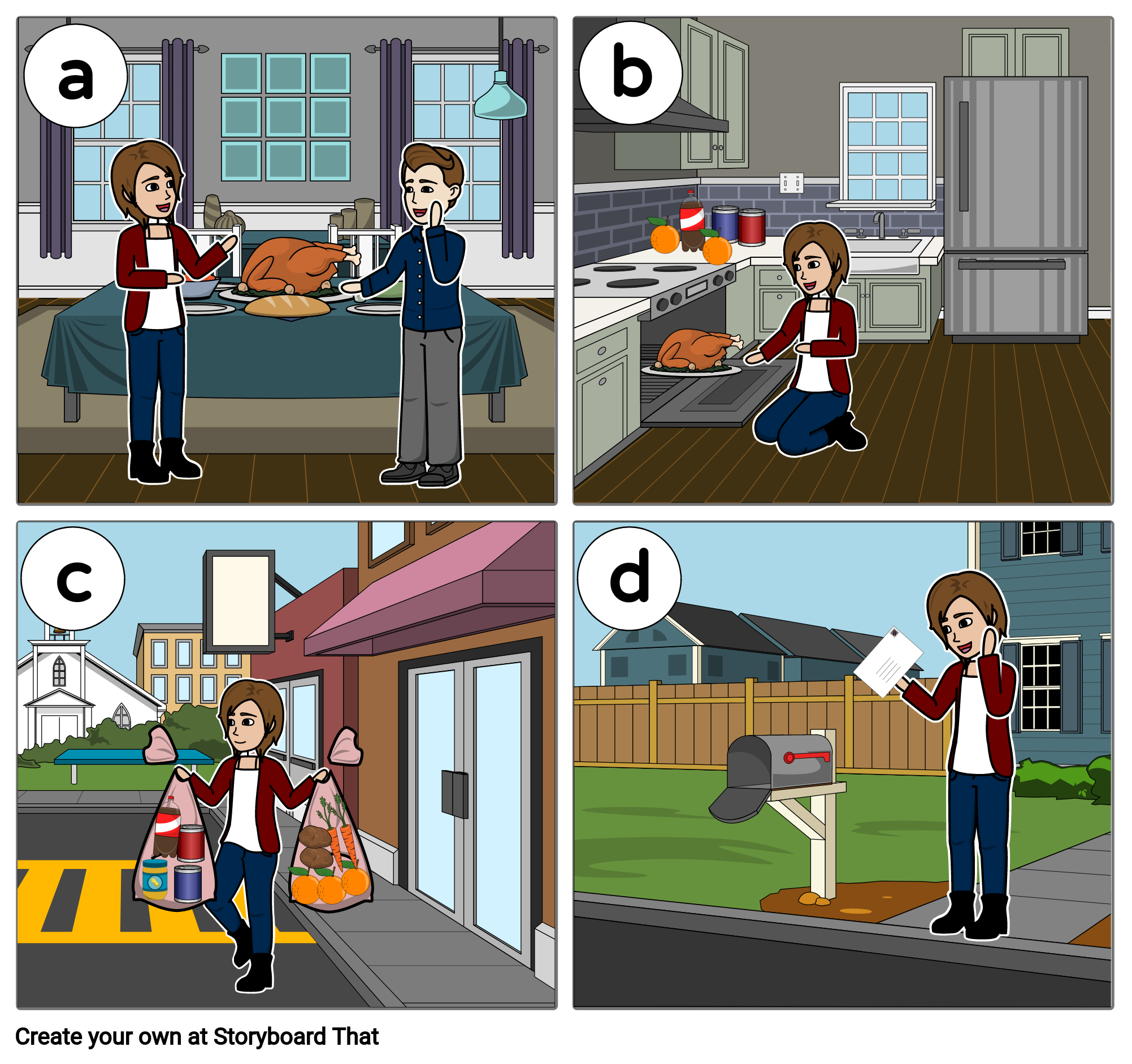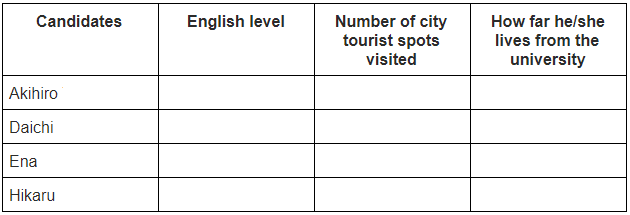| 1. thoughtless of 無思慮で、不注意で | |
| I’m sorry I missed our game. How thoughtless of me. | |
| 2. absolutely positive… ~に違いない、~と確信している | |
| I have canceled my other plans, so I’m absolutely positive that I can join the game tomorrow. | |
| 3. as you please お好きなように、ご随意に | |
| It’s an individual online game, so do as you please. | |
| 4. cross one’s fingers 幸先のよいことを祈る | |
| I hope we win the game. My fingers are crossed! | |
| 5. give someone the cold shoulder ~に冷たい態度を取る | |
| He thinks that we didn’t give our best that’s why we lost the game. And that’s the reason he’s giving us the cold shoulder now. | |
| 1. thoughtless of | |
| Answer: | |
| 2. absolutely positive… | |
| Answer: | |
| 3. as you please | |
| Answer: | |
| 4. cross one’s fingers | |
| Answer: | |
| 5. give someone the cold shoulder | |
| Answer: | |

I’m sorry for letting you down in the game last night. How thoughtless of me. I should have been more alert.
|
|
Hey, it’s nothing. You did your best, right?
|

I really thought you’re going to give me a cold shoulder for that.
|
|
Why would I? It’s okay to lose in a game. Besides, it’s not always about
winning. For me, learning about teamwork carries more weight.
|

So, what do you think? Should I switch characters?
|
|
You can do as you please. I’d like you to feel free and just have fun in the game.
|

Thanks for being so supportive. Crossing my fingers and hope that we’ll win tonight!
|
|
I’m thinking… what if we form a bigger team for the game?
|

You mean, we’re going to invite our friends to join? That’s a great idea!
|
|
I’m absolutely positive we’re going to win tonight!
|
| 1. | A: I’m ___________________ that he’s playing online games right now. B: Well, that’s what he does most of the time. |
| 2. | A: Are you ______________________? B: Oh no, not at all. I’m just so focused on the game. |
| 3. | A: Should we play a different game after this? B: Sure, ______________________. |
| 4. | A: You’ve got such a strong character. I think you’ll win this time. B: Crossing _______________________! |
| 5. | A: Sorry to accidentally unplug the game console while you’re playing. How __________________! B: It’s okay, I was already losing that time anyway. |
| Grammar 文法 |
Pronunciation 発音 | Vocabulary 単語 |
Comprehension 理解 |
|
|---|---|---|---|---|
 GOOD GOOD |
文法の誤りはほとんどなく、完全な文章で話すことができる | ほとんどの単語をはっきりと正しく発音することができる | 習った表現を適切に使うことができる | 文章を理解し、質問に正しく答えることができる |
 FAIR |
文法の誤りはあるが、完全な文章で話すことができる | 発音の練習が必要な言葉がいくつかある | たまにミスはあるが、習った表現を適切に使うことができる | 文章を完全に理解するのは難しく、質問に正しく答えられないときもある |
 POOR |
文章で話すのは難しく、単語だけで話すことができる | 発音の練習が必要である | 習った単語と表現を少しだけ使うことができる | 文章を理解するのは難しく、質問に答えるのは難しい |




